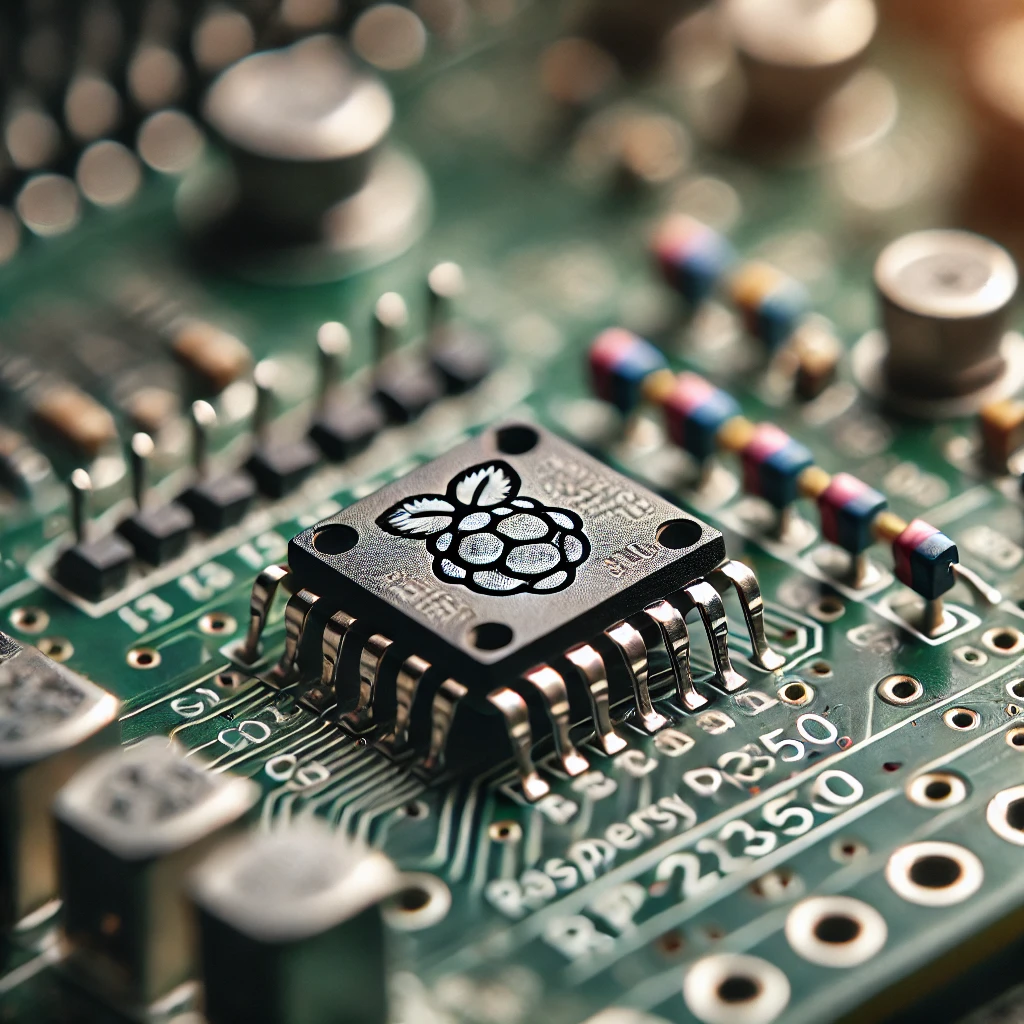The Raspberry Pi RP2350 microcontroller, a popular choice among DIY enthusiasts and developers, has recently been identified to have a bug that affects the pull-down behavior on resistors. This issue could potentially impact various projects that rely on the precise functioning of the microcontroller’s GPIO pins.
Understanding the Bug
The RP2350 microcontroller’s pull-down resistors are supposed to ensure that input pins remain at a defined low logic level when no other signal is applied. However, due to the identified bug, the pull-down function may not work as intended, leading to unexpected behavior in circuits. This malfunction could cause input pins to float, resulting in unstable or erroneous signals that might interfere with the overall performance of a project.
Impact on Projects
For developers using the RP2350 in projects where precise signal control is crucial, this bug presents a significant challenge. Projects ranging from simple LED controls to more complex sensor interfacing could be affected. For example, an unstable pull-down resistor could lead to false triggering of inputs, thereby causing incorrect data readings or unintended activations in automated systems.
Workarounds and Fixes
Until a firmware update or a hardware revision is released by Raspberry Pi, developers may need to implement temporary fixes. One potential solution is to use external pull-down resistors instead of relying on the internal ones provided by the microcontroller. This workaround can help stabilize the input signals and prevent the undesired floating behavior.
It is also advisable for developers to monitor official channels from Raspberry Pi for any updates or patches that might address this issue. Staying informed can help mitigate the impact of the bug on ongoing and future projects.





